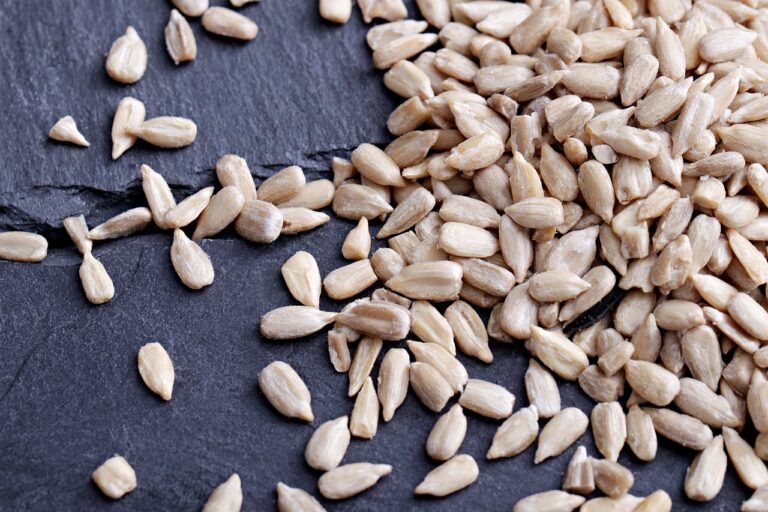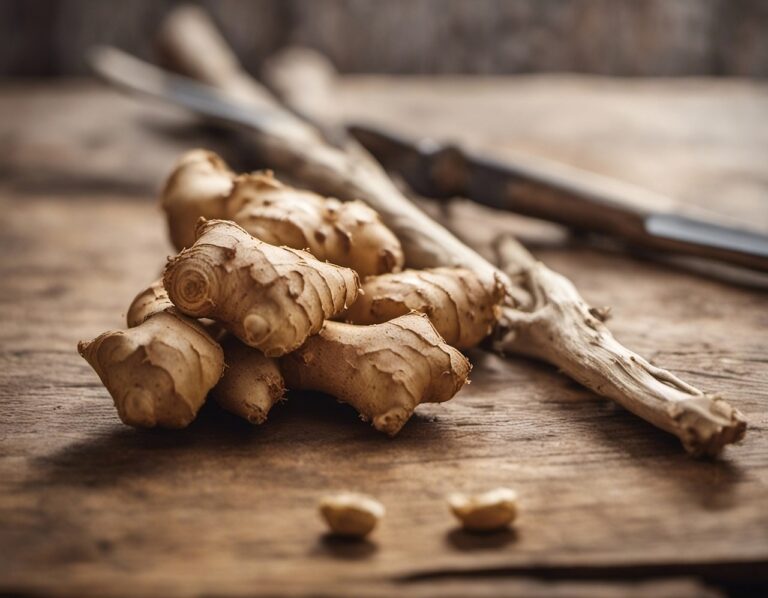Spotlight on Novel Protein Sources in Protein Bar Manufacturing: Betbhai9 sign up, Playexchange login, Lotus365 vip login
betbhai9 sign up, playexchange login, lotus365 vip login: Spotlight on Novel Protein Sources in Protein Bar Manufacturing
Protein bars have become a popular choice for consumers looking to fuel their bodies with convenient and nutritious snacks. With the health and wellness trend on the rise, manufacturers are constantly looking for innovative ways to incorporate novel protein sources into their products. In this article, we will explore some of the latest trends in protein bar manufacturing, specifically focusing on novel protein sources that are making a splash in the industry.
Plant-Based Proteins
Plant-based proteins have been gaining popularity in recent years, as more consumers are adopting a vegetarian or vegan lifestyle. Ingredients such as pea protein, hemp protein, and pumpkin seed protein are being used as alternatives to traditional animal-based proteins like whey and casein. Not only are plant-based proteins more sustainable and environmentally friendly, but they also offer a wide range of health benefits, including being rich in fiber, vitamins, and minerals.
Insect Proteins
Insect proteins may sound like a strange concept to some, but they are actually a highly sustainable and nutritious source of protein. Insects such as crickets, mealworms, and grasshoppers are rich in protein, healthy fats, and essential vitamins and minerals. Manufacturers are starting to incorporate insect proteins into their protein bars as a way to reduce their environmental impact and appeal to eco-conscious consumers.
Algae Proteins
Algae proteins, specifically spirulina and chlorella, are becoming increasingly popular in the health food industry due to their high protein content and nutrient density. These superfoods are packed with antioxidants, vitamins, and minerals, making them an excellent addition to protein bars. Algae proteins are also known for their anti-inflammatory and immune-boosting properties, making them a valuable ingredient for those looking to support their overall health and wellbeing.
Collagen Proteins
Collagen proteins have been used for centuries in traditional medicine for their skin and joint health benefits. Recently, collagen has gained popularity in the sports nutrition industry for its ability to support muscle recovery and growth. Manufacturers are now incorporating collagen proteins into protein bars to provide consumers with an additional source of this essential protein. Collagen proteins are derived from animal connective tissues such as bones, skin, and cartilage, making them a valuable source of amino acids needed for muscle repair and regeneration.
Quinoa Proteins
Quinoa is a versatile and nutritious grain that is a complete protein source, meaning it contains all nine essential amino acids. Quinoa proteins are gluten-free, high in fiber, and rich in vitamins and minerals, making them an excellent choice for protein bar manufacturing. Quinoa proteins are also known for their antioxidant properties and ability to support heart health and digestion. Incorporating quinoa proteins into protein bars provides consumers with a wholesome and sustainable protein source that is both delicious and nutritious.
Chia Seed Proteins
Chia seeds have become a popular superfood due to their high protein, fiber, and omega-3 fatty acid content. Chia seed proteins are an excellent plant-based protein source that can be easily incorporated into protein bars. These tiny seeds pack a powerful nutritional punch and offer a wide range of health benefits, including supporting weight loss, reducing inflammation, and improving gut health. Chia seed proteins are also a good source of antioxidants and can help regulate blood sugar levels, making them an ideal ingredient for protein bars aimed at promoting overall health and wellness.
In conclusion, there are a variety of novel protein sources that are revolutionizing the protein bar manufacturing industry. Plant-based proteins, insect proteins, algae proteins, collagen proteins, quinoa proteins, and chia seed proteins are just a few examples of innovative ingredients that are being used to create delicious and nutritious protein bars. By incorporating these novel protein sources into their products, manufacturers can cater to a wider range of consumers while promoting sustainability and environmental responsibility. Whether you’re looking for a plant-based option, a sustainable protein source, or a nutrient-dense superfood, protein bars made with novel protein sources are sure to satisfy your cravings and fuel your body with the nutrients it needs to thrive.
—
FAQs
Q: Are protein bars made with novel protein sources as effective as traditional protein bars?
A: Yes, protein bars made with novel protein sources are just as effective, if not more so, than traditional protein bars. Novel protein sources offer unique health benefits and nutritional profiles that can support overall health and wellness.
Q: Are there any potential allergens in protein bars made with novel protein sources?
A: While novel protein sources are generally safe for consumption, it’s important to check the ingredient list for any potential allergens. Some people may have allergies to ingredients like insects, algae, or collagen, so it’s best to consult with a healthcare provider before trying a new protein bar.
Q: Can protein bars made with novel protein sources be used as meal replacements?
A: Protein bars made with novel protein sources can be a convenient snack or supplement, but they may not provide all the nutrients needed for a balanced meal. It’s best to consume them as part of a balanced diet and not as a sole meal replacement.







